A Progressive Cavity Pump (PCP), also known as an helical rotor pump, is a positive displacement pump that uses a rotating helical rotor and a stator to move fluids. It is known for its ability to handle highly viscous, abrasive, or shear-sensitive fluids with great precision. The progressive cavity pump’s unique design allows for a smooth, continuous flow, making it ideal for applications where other pumps might struggle.
At the heart of a Progressive Cavity Pump lies its distinct mechanism. The rotor, a screw-like component, rotates inside a stator, creating cavities that progress along the pump’s length. As the rotor turns, it pushes fluid through these cavities, delivering a steady, non-pulsating flow. This design allows for consistent fluid movement, even with thick or viscous liquids that would otherwise clog or damage other types of pumps.
Given their versatility, progressive cavity pumps are used in a wide range of industries and applications. Some notable uses include:
1. Ability to Handle Tough Fluids
PCPs are unmatched when it comes to handling thick, viscous, or slurry-like fluids. Their unique design can handle abrasive materials and shear-sensitive substances without compromising the integrity of the fluid being pumped.
2. Precise Flow Control
Because the pump operates on a positive displacement principle, it offers accurate and consistent flow rates, making it ideal for applications requiring a steady, predictable output.
3. Low Maintenance
Progressive cavity pumps have fewer moving parts compared to other pump types, leading to less wear and tear, resulting in lower maintenance costs and longer operational life.
4. Versatility
These pumps can be used for both low and high-pressure applications, in temperatures ranging from sub-zero to extreme heat, allowing them to work effectively across various industries.
While the Progressive Cavity Pump offers many advantages, it is essential to assess your specific application to ensure it is the best fit. Understanding the viscosity of your fluid, the required flow rate, and environmental conditions will help in selecting the right pump. Additionally, factors like ease of maintenance, efficiency, and lifespan should also be considered.
As you explore fluid handling options, you may come across the Screw Pump as another potential choice. Though both types of pumps have screw-like mechanisms, they differ in design and functionality.
Progressive Cavity Pump: As described, this pump uses a single rotor inside a stator to create a series of cavities that move the fluid. It excels in delivering steady, consistent flow for viscous, shear-sensitive, or abrasive fluids. It is generally more versatile in handling a wide range of fluids and pressures.
Screw Pump: A screw pump, on the other hand, uses two or more intermeshing screws to move the fluid. These pumps can be more efficient in handling high flow rates and pressures but are generally better suited for less viscous liquids. Screw pumps are also often preferred in high-flow applications due to their higher efficiency at larger scales.
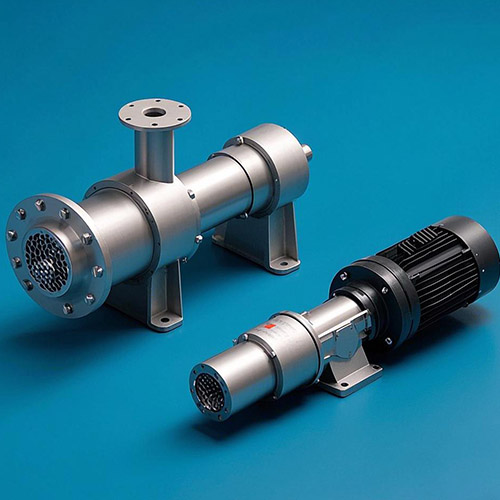
|
Feature |
Progressive Cavity Pump |
Screw Pump |
|
Design |
Single rotor inside a stator |
Multiple intermeshing screws |
|
Fluid Handling |
Best for viscous, shear-sensitive, or abrasive fluids |
More suitable for low-viscosity fluids |
|
Flow Characteristics |
Smooth, steady, pulsation-free |
Can handle higher flow rates, but may experience pulsation |
|
Efficiency |
High efficiency in low to moderate flow rates |
More efficient in high flow rate applications |
|
Maintenance |
Requires less maintenance, fewer parts |
May require more maintenance due to complexity |
|
Applications |
Best for sludge, slurry, and delicate products |
Ideal for pumping clean liquids at higher flow rates |
Both the Progressive Cavity Pump and the Screw Pump offer distinct advantages, depending on your specific needs. While PCPs are more versatile and excellent for low-flow, high-viscosity applications, screw pumps shine in high-flow, lower-viscosity scenarios. Understanding these differences ensures you select the right pump to optimize efficiency and meet your fluid handling requirements.
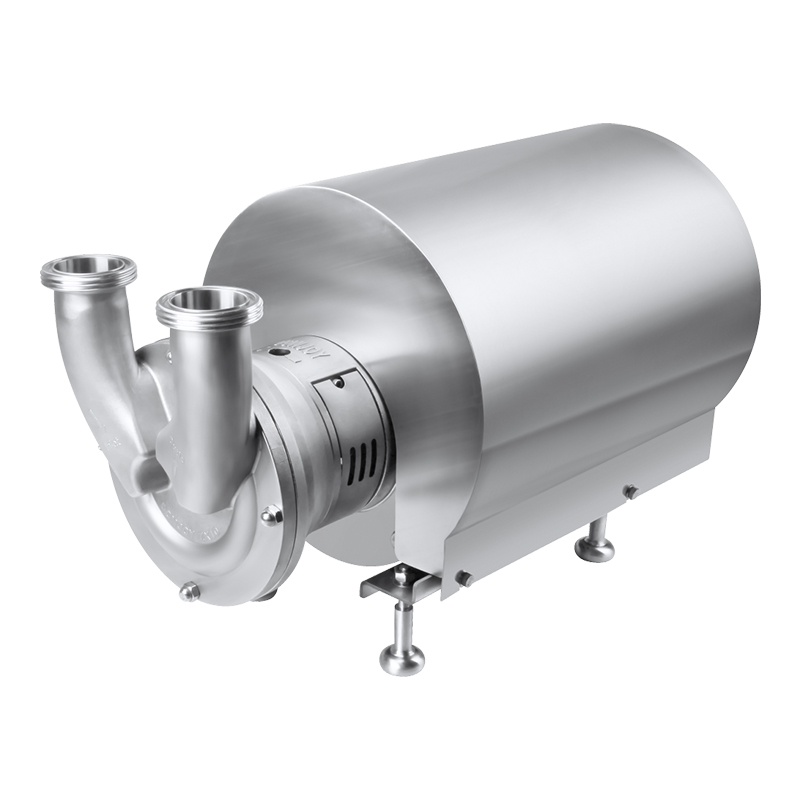
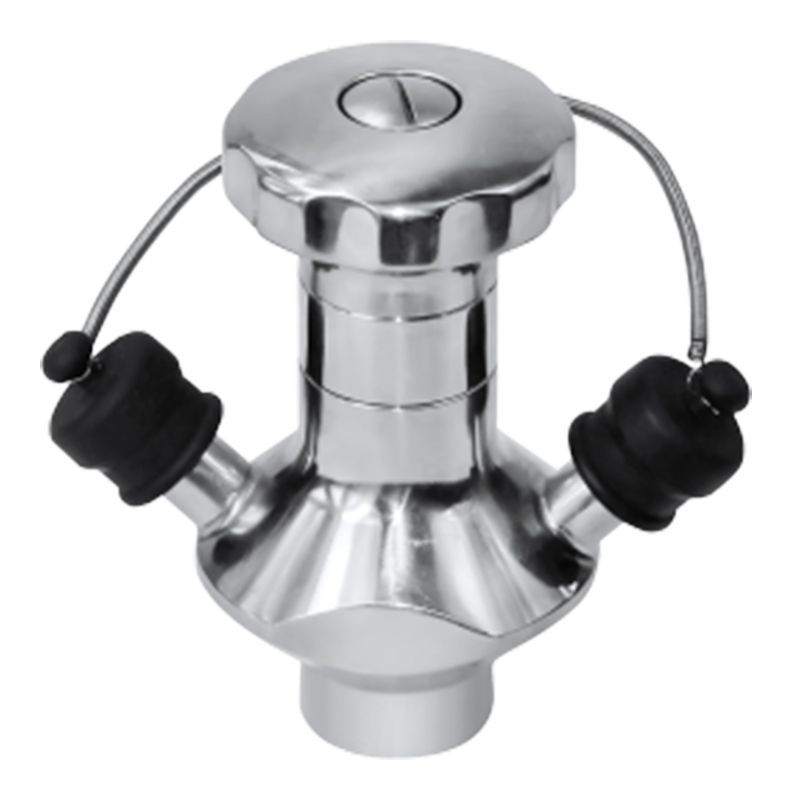
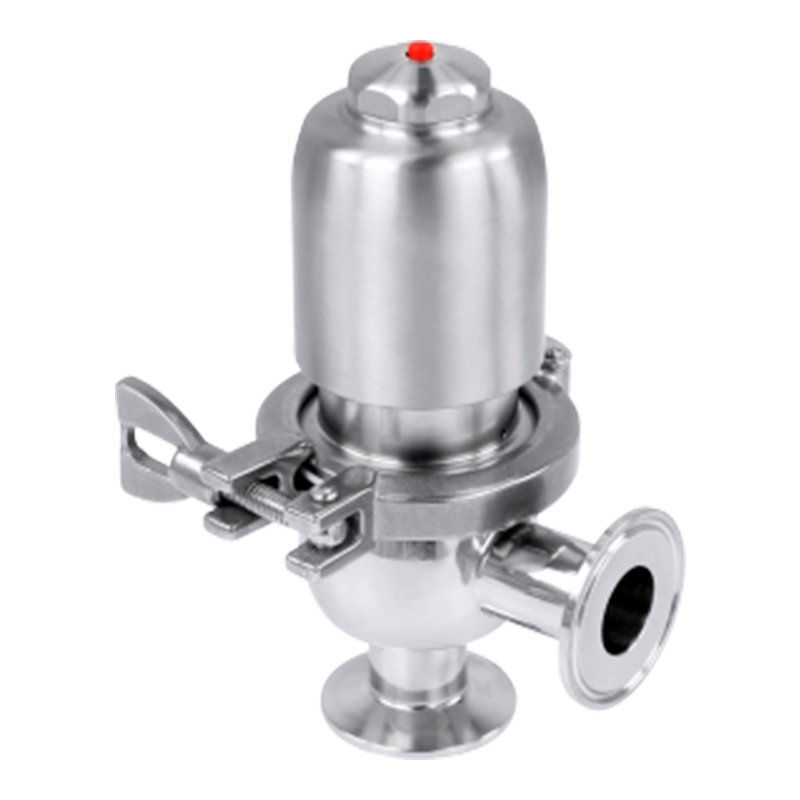
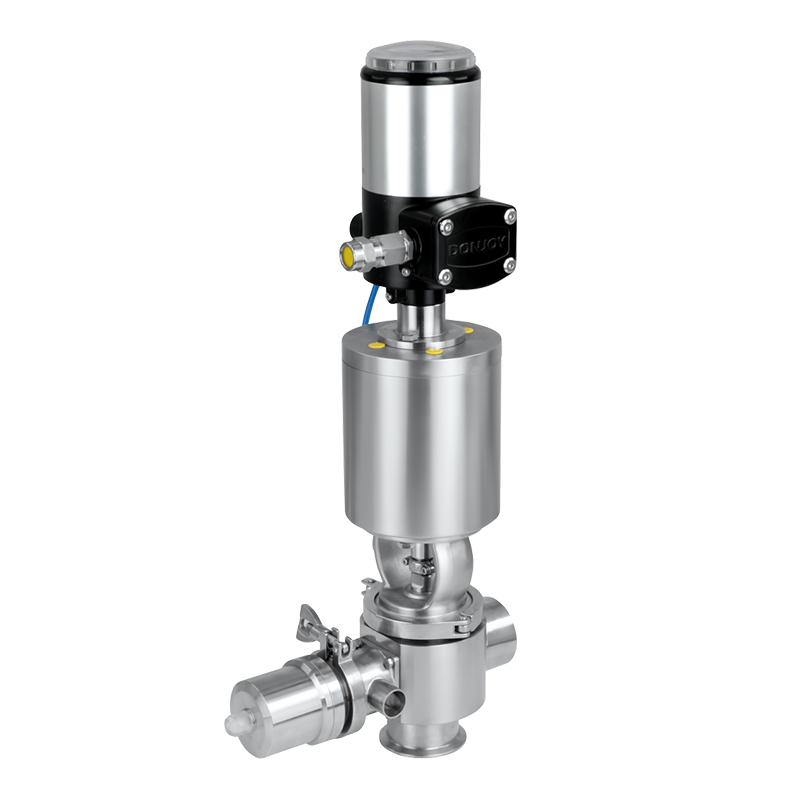

According to ASME BPE, EHEDG, FDA and 3A standard, DONJOY got certificates of PED-97/23/EC and MD-06/42/EC issued by TUV, ……